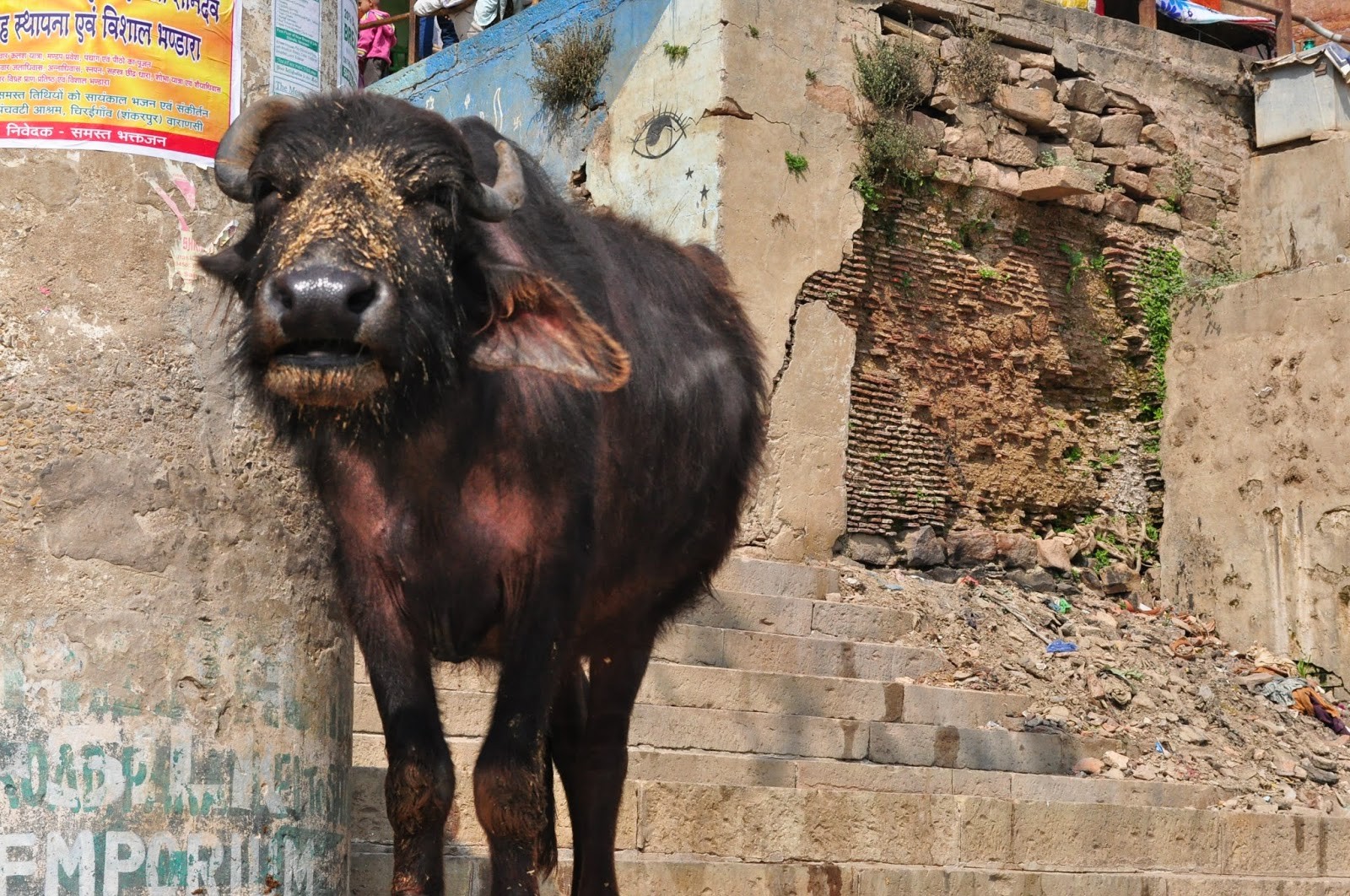
Planning long-term travel can be a difficult task, and many find it completely overwhelming. There are so many things to take into consideration; flights, accomodation, budget, food costs, transport logistics and much more!
I’ve spent a lot of time planning long-term travel, so I thought why not put together a step-by-step guide to help others achieve their travelling dreams with a little less stress.
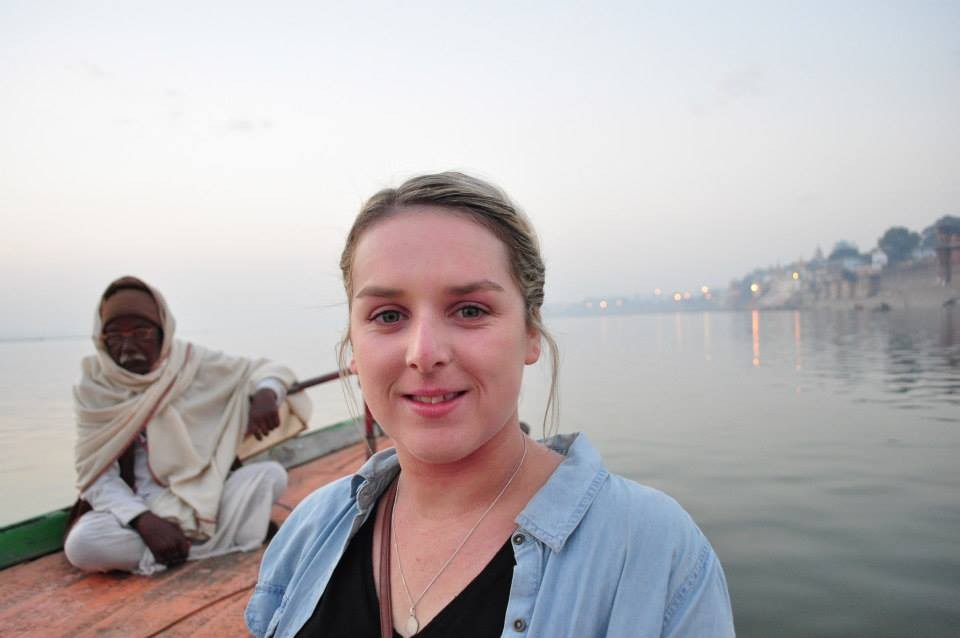
Advice From a Traveller on Planning Long-Term Travel
Where do you want to travel, and how long do you want to travel for?
Without figuring out step one, you won’t be going anywhere. The world is a BIG place, so take some time to sit down and think about where you actually want to go and how long you can travel for – are you going to quit your job or just take extended leave? Can you travel for one month, 6 months or maybe longer? Would you like to explore multiple countries, or just focus on one or two?
All these pieces of information will form the foundation of your travels and guide the rest of your planning. You may change the plan later down the line but this gives you something to start working with.
It’s also the time to consider if you only want to travel, or if you want to consider something like a working holiday or volunteering as you go.
What’s it going to cost?
Once you’ve nailed down the amount of time you want to/can travel for and the general destinations you want to visit, it’s time to begin figuring out what it’s going to cost you. This step will probably overlap with the above, because if you’re on a tight budget or have a limited time period available to actually save this might affect how long you travel for and where you go.
If you’re considering a working holiday or volunteering now is the time to look into this a little deeper – as it could reduce your overall costs.
Figure out you estimated departure timeframe
Great, you’ve decided where you are going and for how long. Plus you have an idea of the overall costs involved – now it’s time to find out when you can make it all happen! Before you book any flights, hotels etc. make sure you’ve given yourself a realistic savings timeframe. This step is fairly simple, just calculate how much you need for your travels (including any pre-trip purchases you might need to make) and how much you can put away each month. Bam, you’ve got yourself a departure date. It’s wise to give yourself longer than you think you’ll need to reach your goal.
I find having a date locked in place is fantastic motivation to get me saving, but life happens so remember to give yourself some wriggle room to ensure you’re not left scrambling to pull together the money you need.
The finer details
You’ll quickly realise how fast time flies when a huge life change is approaching. Before you know it will be time to start nailing down the finer details – this is often the step that scares people the most as it means everything you’ve been planning and dreaming about is really happening. Try to forget about what could go wrong and instead imagine the amazing experience you’re about to have.
The internet is about to become your best friend (more so than usual), because it’s time to research the finer aspects of your travels!
Flights: It’s a good idea to start looking at flights around six months out from your desired departure date, this will give you a better idea of how much flights to [insert place you want to go] generally cost, and also ensure you get the best deal. In saying this, I’ve definitely given myself less than six months when planning long-term travel, so if you find yourself in a situation where you only have a few months to get everything sorted, know that it can be done.
The more flexible you can be the better. I’ve spent hours in the past researching flights to every country in Europe because I didn’t have a specific destination in mind, this meant I could find the country that was the cheapest to fly to and let the rest of my travels flow from there.
Accomodation: I’ve found the best time to start researching accomodation is around two – three months before arrival. Whether you book all your accomodation in advance, or just somewhere to stay for the first few nights really depends on the kind of travel you are looking to experience. Some people love having everything planned out so they have nothing worry when travelling, while others prefer having the flexibility to plan as they go.
Personally I like a mixture of the two, I’ll plan out my travels in stages and book accomodation for a week or two at a time.
Generally I’ll start searching with either Booking.com or HostelWorld. These websites make it easy to see all the hotels/hostels available on your required dates, plus you can read reviews from other travellers and see photos of the rooms and facilities. It’s also a good idea to jump over to Tripadvisor to read reviews there before making any bookings.
Occasionally I’ll book directly with the hostel or hotel, but I like that with Booking.com and HostelWorld you have the option of just paying a deposit (or nothing at all) until arrival – this provides much more flexibility if you change your mind while on the road.
I’ve also used Airbnb many times in the past and love it. This just isn’t always an option that suits my budget because I often travel solo.

Logistics: You already have a rough idea of where you want to travel, but it’s time to start nailing this down about two – three months out from your departure date. You will need to sync this up with the accomodation you’re booking because the two totally depend on each other. Before you book anything, make sure there are easy transport options available to wherever you are going and also that there is available accomodation. It would be awful to book accomodation only to realise later it’s in a place that is going to be difficult or super expensive to reach.
Ensuring your dates are all matched up is probably going to be the most confusing part of your planning process, I find it easiest to write everything out in a notebook and have the dates, places, transport and accommodation lined up before I actually make any bookings.
Visas or other requirements you might need: Make sure you take the time to research what you will need to enter a country. Some require you to apply for a visa in advance – even if you are only visiting for a short time. There would be nothing worse than arriving and finding out you can’t enter a country because you don’t have the correct visa.
When should you start packing?
While you don’t need to start packing too far in advance, you can certainly start thinking about it early. I’ve mentioned before how I love a good decluttering, this is a fantastic time to do just that! Get rid of all that stuff you don’t need, especially if you plan to travel for a year or more.
It’s a good idea to start creating a list of the items you want to take with you. Keep this to a minimum, once you start travelling you will regret lugging around those extra shoes or five notebooks (that’s me…) you once thought you desperately needed. Pull everything out of you wardrobe, make a pile of the things you’re definitely taking then add to your list anything you need to purchase (and factor this into your costs). Do a practise pack, this is the easiest way to know you’re taking too much or maybe you’ll find there is a little extra room to play with.
Around two weeks prior to departure is when you should really start packing, this gives you ample time to pick up anything you’ve forgotten and cull what you don’t need. Pack it all up and again practise walking around with you pack or suitcase – if you’ve overpacked now is the time to figure it out!
I’ll be posting my ideal long-term packing list in the next few weeks so keep an eye out for that.
Finally preparing for departure
With your departure just around the corner, it’s time to start wrapping up anything else that needs to be done in your home life before leaving. Are there any bills you need to cancel, do you need to pack up your flat or apartment, sell a car, organise storage for any belongings you’re leaving behind? Start this process about three months prior to leaving and save yourself the stress of doing it all last minute
Do you need to renew your passport, or organise visas? Now is also the time to get this organised, many countries only allow you to apply for a visa three months in advance, so figure out how this fits into your plan and make sure you get it sorted early enough (most take three – six weeks to get processed).
Hit the road
You’ve done all the hard work, it’s finally time to head off on your new adventure and see all those plans become reality. Remember, if something doesn’t work out as planned or things go wrong it’s not the end of the world. Almost everything can be sorted out on the road so try to live in the moment and not let the small stuff stress you.
Enjoy this moment, you’ve earned it!
* Just in case you were wondering – the photo above was taken right before I left the Isle of Skye to go travelling. I definitely didn’t take all those bags with me! Most of it was shipped home to New Zealand (so you can sleep easy, I follow my own advice and am not a ridiculous over-packer).
Have you ever travelled long-term?
Or maybe you’re planning your long-term travels now.
Let me know in the comments!
__________
Here are some other posts you might enjoy about my travels
Top Tips for the Solo Traveller
How to Visit Los Angeles on a Budget
How to Travel the Isle of Skye Without a Car
City Guide: How to Spend the Perfect Weekend in Lisbon
10 Tips to Make Moving Home After Travel Easier!
Pin it for later:
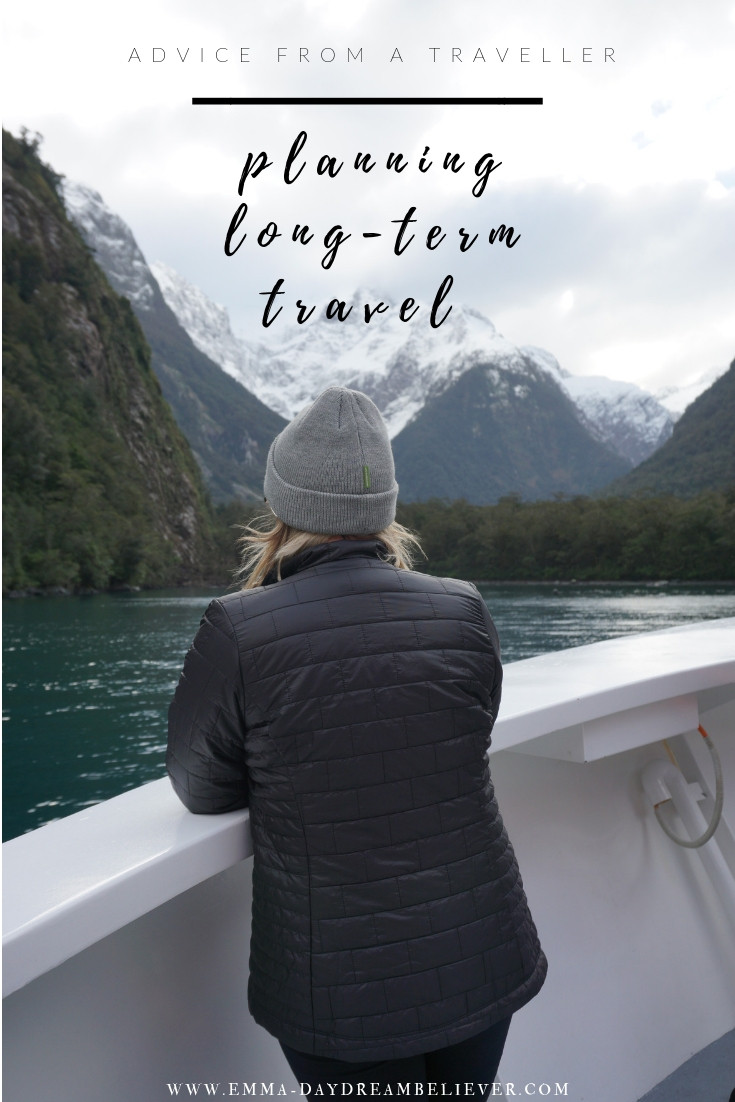
* Some links may contain affiliates.
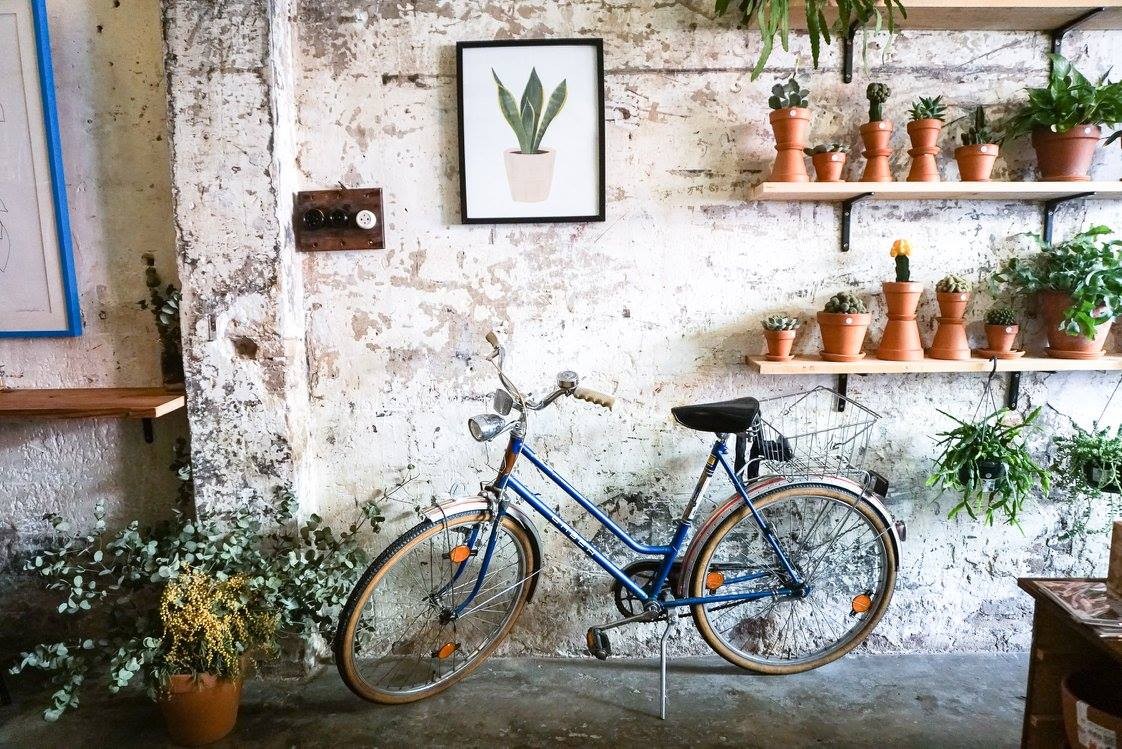
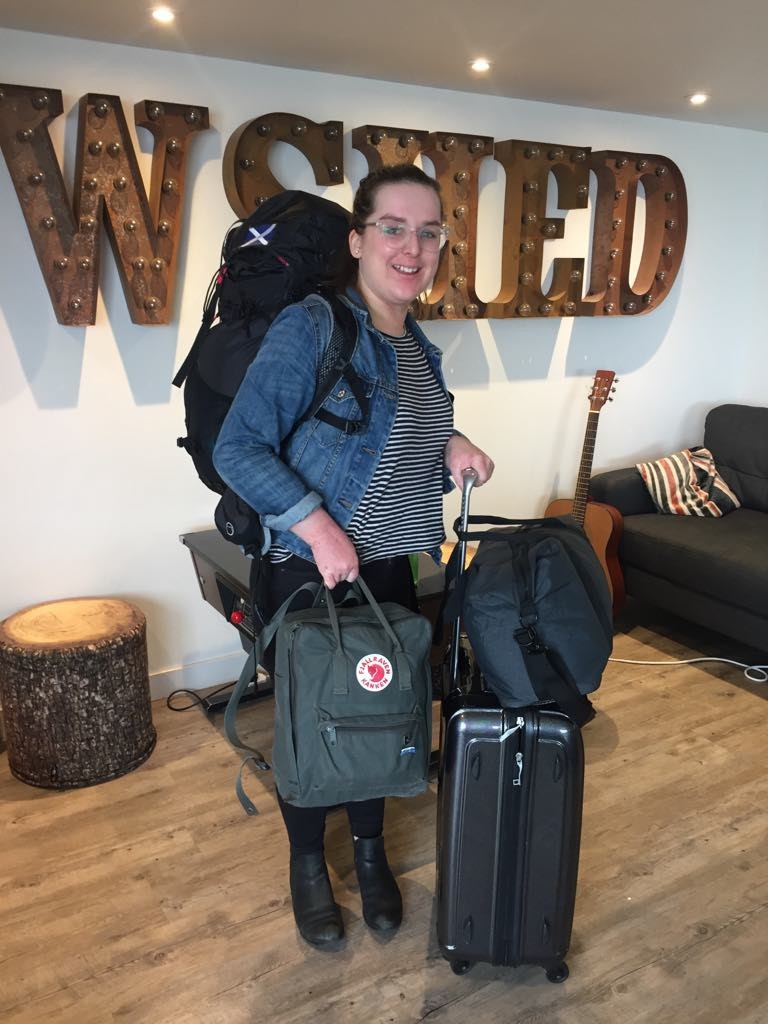
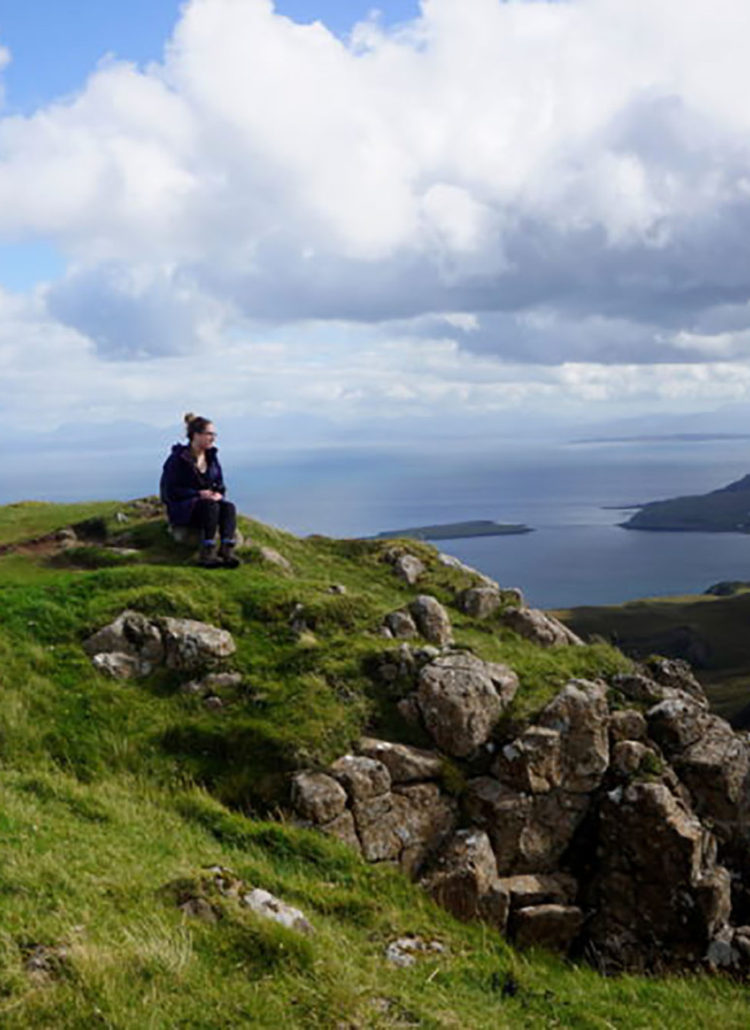
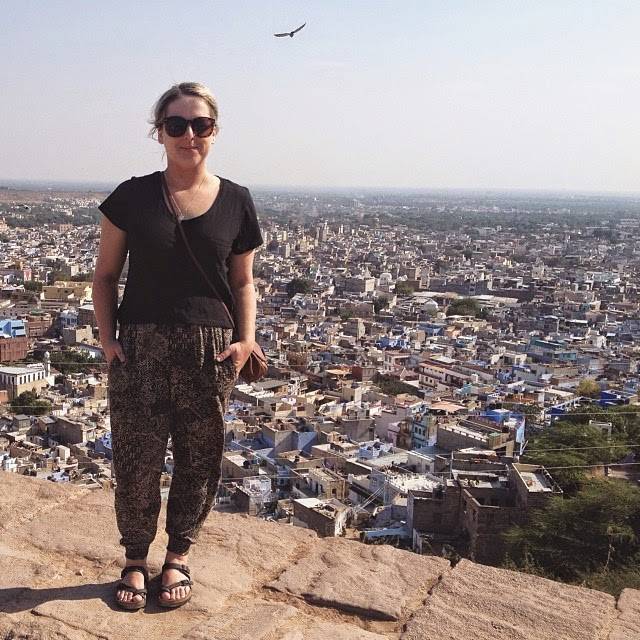
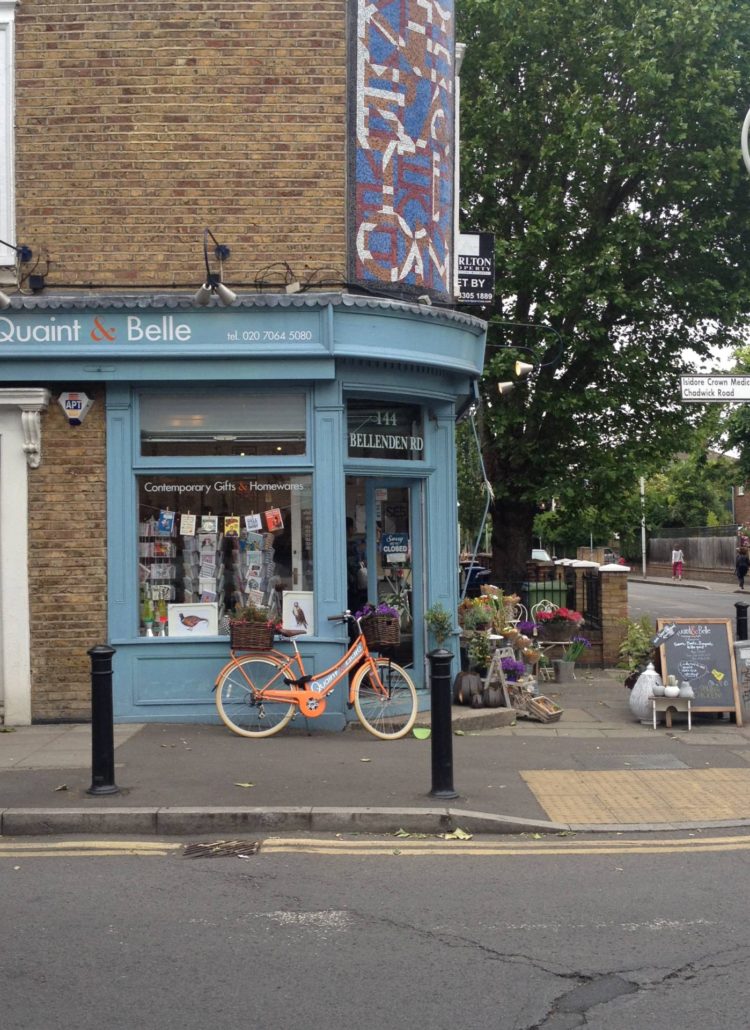
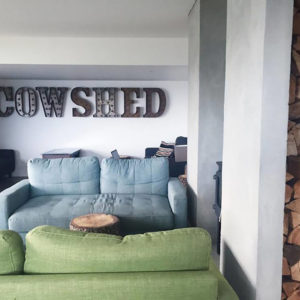


Leave a Reply